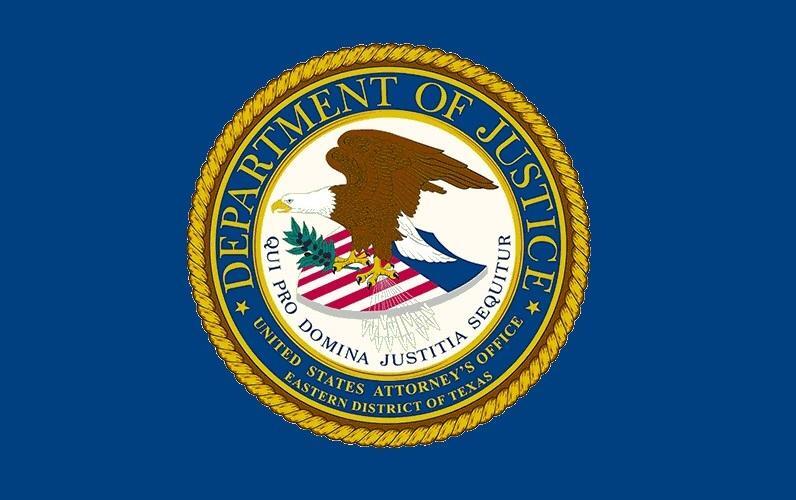DOJ Enforcement Insights: Key Strategies to Mitigate Risks
June 06, 2024
The DOJ had a record year, and we reviewed FCA enforcement actions to identify trends to help you stay informed and proactive in your compliance efforts. This alert summarizes key takeaways from Amanda Johnston’s recent presentation on DOJ and FCA enforcement trends and includes:
- An overview of the DOJ's record-setting year in FCA settlements and judgments
- Factors contributing to the increase in whistleblower-initiated qui tam lawsuits, including the DOJ’s Voluntary Self-Disclosure Program and Whistleblower Rewards Programs.
- A “Top 10 List” of practical compliance measures to reduce your organization’s risk of DOJ enforcement actions
Stay ahead of the curve with these insights and practical strategies. If you did not have time to attend or watch live, please read below for some highlights and view the presentation online.
DOJ's Record-Setting Year
We previously reported that the U.S. Department of Justice (DOJ) had a landmark fiscal year 2023 in terms of settlements and judgments under the False Claims Act (FCA). DOJ recoveries from FCA settlements and judgments in fiscal year 2023 exceeded $2.68 billion. Although the dollar amount is not a record, this marks a record 543 settlements and judgments in a fiscal year. Additionally, 1,012 new matters were opened, another record. This activity underscores the DOJ's relentless effort to combat fraud, particularly in the healthcare industry, which accounted for nearly two-thirds of these recoveries, totaling approximately $1.8 billion.
If you want to review the raw data for all years since 1986, the DOJ’s Civil Division Fraud Section Statistics Overview for 2023 includes data on new matters opened, settlements, judgments, and relator share awards. The report breaks down annual statistics by qui tam and non-qui tam cases, as well as cases where the U.S. government intervened and those where it declined to intervene.
Whistleblower Cases on the Rise
Whistleblower-initiated qui tam lawsuits continue to increase and have become a significant portion of FCA cases. In 2023, 87% of the settlements were tied to whistleblowers, known as 'relators,' who can receive 15-30% of the funds recovered in successful cases. This creates substantial incentives for employees to report perceived misconduct. The DOJ recovered over $2.3 billion from 712 qui tam filings in 2023, up from 652 in 2022.
DOJ Whistleblower Incentive Programs
Whistleblower suits are expected to continue increasing, driven partly by the DOJ’s Voluntary Self-Disclosure Program and Whistleblower Rewards Programs, which incentivize reporting. The DOJ’s motto, “knock on our door before we knock on yours,” underscores their proactive approach.
In April 2024, the DOJ announced a new Criminal Division pilot program on voluntary self-disclosure (VSD) for individuals. This program offers non-prosecution agreements (NPAs) to individuals with criminal exposure—excluding CEOs, CFOs, high-level foreign officials, domestic officials at any level, or those who organized or led the criminal scheme—if they report misconduct unknown to the department and meet specific criteria.
In March 2024, the DOJ announced a whistleblower rewards pilot program that provides monetary rewards to individuals who help the DOJ uncover significant corporate or financial misconduct previously unknown to them. potentially qualifying the whistleblower to receive a portion of the resulting forfeiture.
Top 10 Compliance Strategies to Avoid DOJ Enforcement Actions
A review of the DOJ’s recent settlements and judgments reveals key enforcement trends. Companies should review their practices in these areas to ensure compliance and avoid penalties. Here are some actionable steps to mitigate risks:
- Establish and maintain a robust compliance program: Lay a strong foundation for your organization’s compliance efforts. Encourage a “speak up” compliance culture where employees feel empowered and supported to voice their concerns. Ensure that reported concerns are thoroughly investigated.
- Conduct routine audits and monitoring: Regularly audit compliance practices using a risk-based approach to identify and address potential issues.
- Provide compliance training: Equip your staff with the necessary knowledge to maintain compliance.
- Avoid off-label promotion. Promote your products only for the uses cleared and/or approved by the FDA.
- Avoid deceptive advertising practices. Ensure all marketing communications are truthful, accurate, and not misleading.
- Eliminate misrepresentations in marketing and promotional communications. Verify and substantiate all facts, data, and claims.
- Refrain from providing direct financial incentives “remuneration” to HCPs. Focus on delivering legitimate training and education to HCPs. Closely scrutinize arrangements where the HCP receives a tangible or intangible benefit.
- Ensure the accuracy of claims and coding practices. Companies that bill payors should adhere to relevant coding guidelines and only bill for services rendered. Companies that do not bill payors should avoid instructing HCPs on how to code and bill but should provide reimbursement materials and support that facilitate accurate billing, proper documentation of medical necessity, and compliant coding practices.
- Implement a robust review process for all marketing materials. Identify and address potential compliance issues before materials are disseminated.
- Stay current on DOJ enforcement priorities and trends. Regularly consult with legal counsel specializing in FDA regulatory and healthcare compliance.
You can watch the full presentation here.
If you have any questions or would like to discuss how these enforcement trends may impact your organization, please contact Gardner Law.